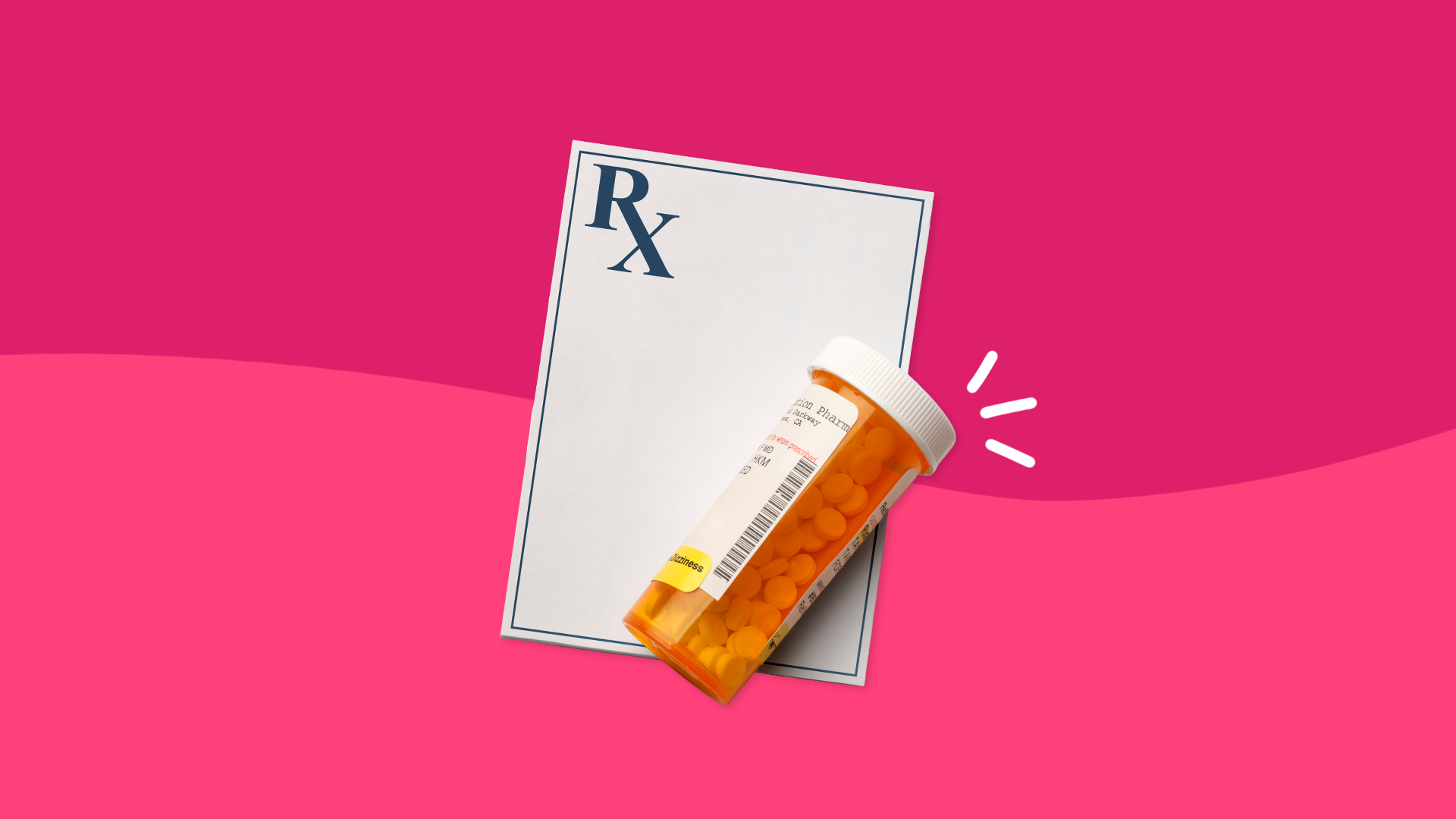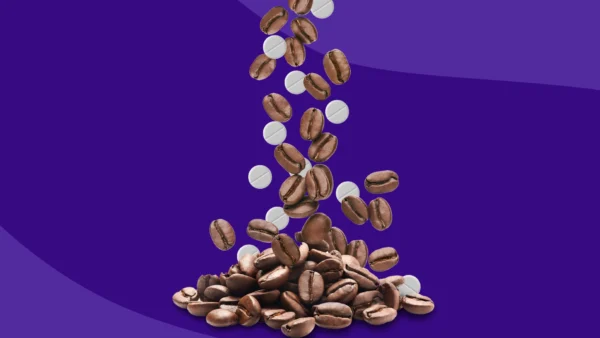Common Ozempic side effects | Weight loss | Gastrointestinal | Retinopathy | Serious side effects | Pancreatitis | How long do side effects last | Warnings | Interactions | How to avoid side effects
Ozempic (semaglutide) injection is a medication used in the treatment of Type 2 diabetes mellitus. Ozempic is in a class of medications called glucagon-like peptide-1 (GLP-1) receptor agonists. GLP-1 receptor agonists work by slowing down how quickly food leaves the stomach and helping the pancreas release insulin in response to high blood sugar levels after a meal.
The Food and Drug Administration (FDA) has approved Ozempic to be used in addition to weight loss, diet, and exercise to improve blood glucose control in individuals with Type 2 diabetes and to reduce the risk of major cardiovascular events in adults with Type 2 diabetes and cardiovascular disease. GLP-1 receptor agonists are not used in the treatment of Type 1 diabetes.
Ozempic may have some serious side effects. In this article, we will review important Ozempic side effects, warnings, and drug interactions.
RELATED: What is Ozempic? I Ozempic vs. Trulicity I Ozempic vs. Victoza
Common side effects of Ozempic
Similar to other prescription drugs, individuals who use Ozempic may experience some common side effects. If any of these common side effects become bothersome, notify your healthcare provider.
- Gastrointestinal symptoms
- Nausea
- Vomiting
- Diarrhea
- Constipation
- Eructation (burping or belching)
- Abdominal pain
- Stomach pain
- Decreased appetite
- Dyspepsia (indigestion)
- Abdominal distension
- Gastroesophageal reflux disease (GERD)
- Flatulence (gas)
- Gastritis (inflammation of the lining of the stomach)
- Eye symptoms
- Diabetic retinopathy
- Metabolic derangements
- Hypoglycemia (low blood sugar)
- Increased amylase
- Increased lipase
- Injection site reactions
Weight loss
Excess weight contributes to worse health outcomes in people with Type 2 diabetes. Weight loss is usually part of treatment recommendations. Medication choices for diabetes are based on how much glucose control is needed, whether a person has heart or kidney disease or other medical conditions, the risk of low blood sugar, cost and access to the medication, possible side effects, and the potential impact on a person’s weight. Compared with some other medications for diabetes, Ozempic has a greater impact on weight loss. In a clinical trial published in the Lancet, when compared to liraglutide and placebo, individuals taking semaglutide lost more weight. As such, Ozempic may be a good choice for individuals with diabetes who would benefit from weight loss.
Gastrointestinal side effects
GLP-1 receptor agonists are associated with gastrointestinal side effects. In clinical trials, more of these side effects occurred as the dose increased. Greater than 5% of individuals experienced nausea, vomiting, diarrhea, abdominal pain, and/or constipation with Ozempic. Over 20% of individuals taking the highest recommended dose of Ozempic reported nausea. Nausea in particular tends to be worse if individuals continue to eat after they feel full. The dose of Ozempic should be increased slowly if these side effects persist.
Retinopathy
When blood sugar levels are elevated for a long time, the extra glucose in the blood can damage the lining of small blood vessels in the retina (the light-sensitive tissue at the back of the eye). When these blood vessels are damaged, changes such as blurred vision and floating spots or streaks may occur. In a clinical trial, 8.2% of individuals who had diabetic retinopathy when starting Ozempic experienced complications. As such, people with a history of diabetic retinopathy should be closely monitored for progression while taking this medication. Everyone with Type 2 diabetes should have a full eye exam every year.
Serious side effects of Ozempic
Some side effects of Ozempic may be serious or life-threatening. Notify a healthcare professional right away if you believe you are experiencing signs or symptoms of any of the adverse events listed below.
- Thyroid tumors Hypersensitivity or serious allergic reactions including anaphylaxis (may be evidenced by itchiness; hoarseness; tightness and swelling in the mouth, throat, neck, and chest (sweating, rapid heart rate, shortness of breath, and dizziness)
- Angioedema (swelling of tissues in the face, eyes, and lips)
- Acute kidney injury
- Worsening of kidney disease
- Pancreatitis (inflammation of the pancreas)
- Cholelithiasis (gallstones)
- Cholecystitis (inflammation of the gallbladder)
- Syncope (fainting and loss of consciousness)
Pancreatitis
While Type 2 diabetes does not cause pancreatitis, it is a known risk factor for developing it. This risk is increased by certain lifestyle choices and medications. In glycemic control trials, acute pancreatitis was confirmed in seven patients taking Ozempic. As such, individuals taking Ozempic should be monitored for signs and symptoms of pancreatitis such as nausea, vomiting, and severe abdominal pain that may also be felt in the back. If pancreatitis is suspected, seek medical attention right away. If pancreatitis is diagnosed, do not continue Ozempic.
How long do Ozempic side effects last?
The severity of side effects often depends on how much medication is being taken. Some common side effects may go away with time, after dose adjustments, or once the body is used to a more normal level of glucose. Injection site reactions can be minimized by occasionally changing the location of your injections. More serious side effects such as kidney problems, gallbladder problems, tumors, and anaphylaxis will likely require the medication to be stopped.
Ozempic contraindications and warnings
- Abuse and dependence: Ozempic is not habit-forming or addictive. Discontinuation of this medication is not associated with withdrawal symptoms, however dangerous elevations in blood glucose levels may occur.
- Overdose: The maximum adult dosage for this medication is one, 1 mg subcutaneous injection per week. Taking too much of this medication could result in low blood sugar that is life-threatening. If you think you may have taken too much of this medication, immediately seek emergency medical care or contact the Poison Control Centers at 1-800-222-1222.
- Restrictions: This medication is FDA approved for use in adults only.
This medication should not be used by anyone who has had an allergic reaction to the medication. It should also not be used by the following groups of people:
Personal or family history of medullary thyroid cancer (MTC) or Multiple Endocrine Neoplasia Type 2 (MEN 2)
Ozempic was demonstrated to cause thyroid C-cell tumors in animal studies. There is also a risk of medullary thyroid cancer. This medication carries a black box warning and should not be used by anyone with a personal or family history of MTC or MEN 2.
Type 1 Diabetes
This medication is not a treatment for Type 1 Diabetes or the management of diabetic ketoacidosis (DKA).
Ozempic should only be used with caution in:
Pregnancy, reproductive potential, and breastfeeding
Animal studies demonstrated a risk of harm to a fetus when taking this medication. Effective contraception should be used during treatment and for at least two months after stopping treatment in females. Alternative treatments should also be considered while breastfeeding.
History of high-risk medical conditions
This medication should be used with caution in people with:
- A history or risk factors for pancreatitis
- A history or risk factors for kidney disease
- Diabetic retinopathy
Medical conditions that may lead to dehydration or volume depletion
Ozempic interactions
Talk to your healthcare provider about all medications and supplements you are taking to avoid drug interactions. Some Ozempic interactions include:
- Ozempic delays gastric emptying and may affect the efficacy of any class of medication that requires stomach absorption.
- Ozempic should be used only as recommended with other medications that lower blood glucose .
- Ozempic is contraindicated for use with cidofovir. Using these medications together could cause severe bone marrow and kidney problems.
How to avoid Ozempic side effects
- Prior to taking this medication, it is important to disclose a complete health history to your healthcare provider, including any medical conditions you have or that run in your family and all medications and supplements you are taking.
- This medication may be associated with serious side effects. It is important to follow medical advice while taking this medication and to read the medication guide.
- Take this medication how and when it is prescribed. This medication should be taken once per week, on the same day of the week, as a subcutaneous injection in the upper arm, abdomen, or thigh.
- This medication may be associated with irritation at the injection sites. Rotating the location of injections can minimize irritation and discomfort.
- If you have missed a dose of this medication, take the next dose as soon as you remember. You may change the day you take this medication as long as there are at least five days in between doses.
- Your healthcare provider may adjust the dose of Ozempic or your other medications to find the best dosage for your specific needs.
- Uncontrolled blood sugar can be fatal. Do not stop this medication without speaking with your healthcare provider. There are many other medications that can be used to control blood sugar if needed.
- This medication may be fatal to children. It should be stored properly at room temperature (68 to 77 degrees Fahrenheit) and disposed of with the needle covered in a garbage can away from the reach of children.
- Do not share your Ozempic injectable pen with other people. Sharing needles can spread communicable diseases.
- This medication may harm a developing fetus. Use effective contraception and notify your healthcare provider if you are pregnant or are planning to become pregnant.
- Do not abuse alcohol while taking this medication. Overuse of alcohol is associated with difficulty in managing blood glucose and an increased risk of pancreatitis.
- Immediately seek medical care if you experience any type of allergic reaction to this medication. It is possible to experience life-threatening anaphylaxis. Intervening early saves lives.











